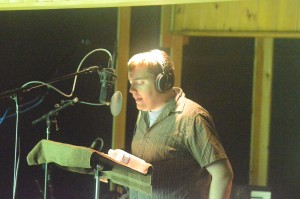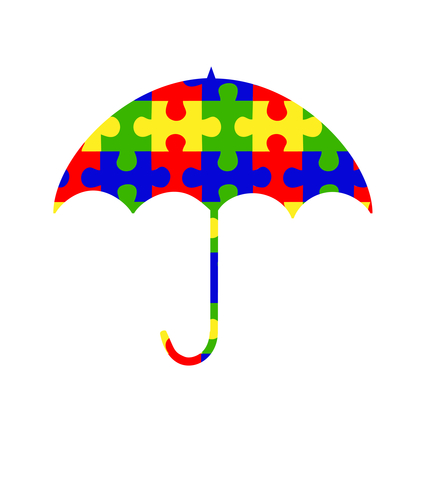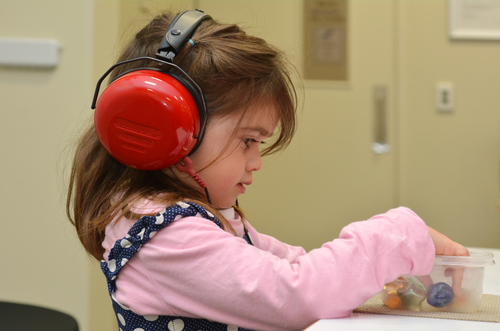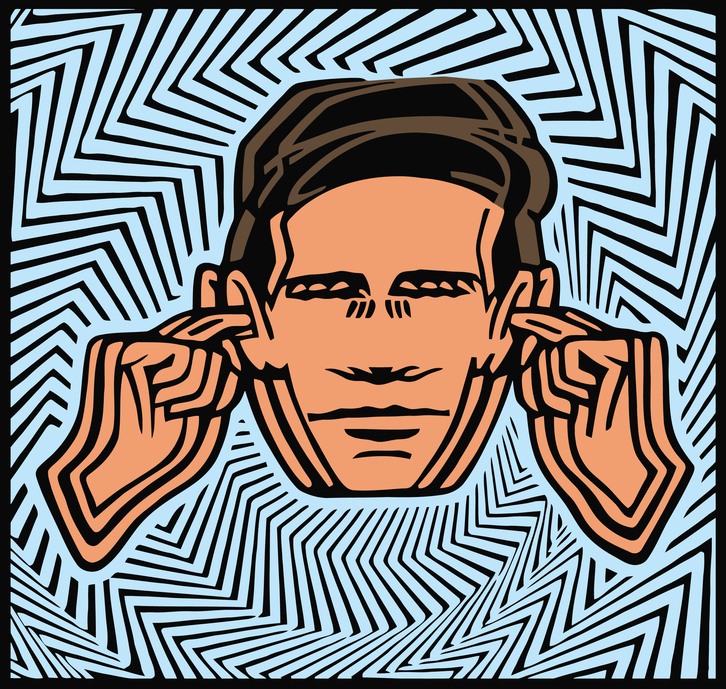Coming to a Positive Outlook on your Asperger’s Diagnosis
The following is a group of fantastic reader responses and questions related to Ken Kellam’s recent blog titled, “If There Were a Cure for Asperger’s”. At Aspergers101 we strive to encourage an open conversation among the community. Here is a look at what people have been saying about Ken’s blog, along with aContinue Reading













